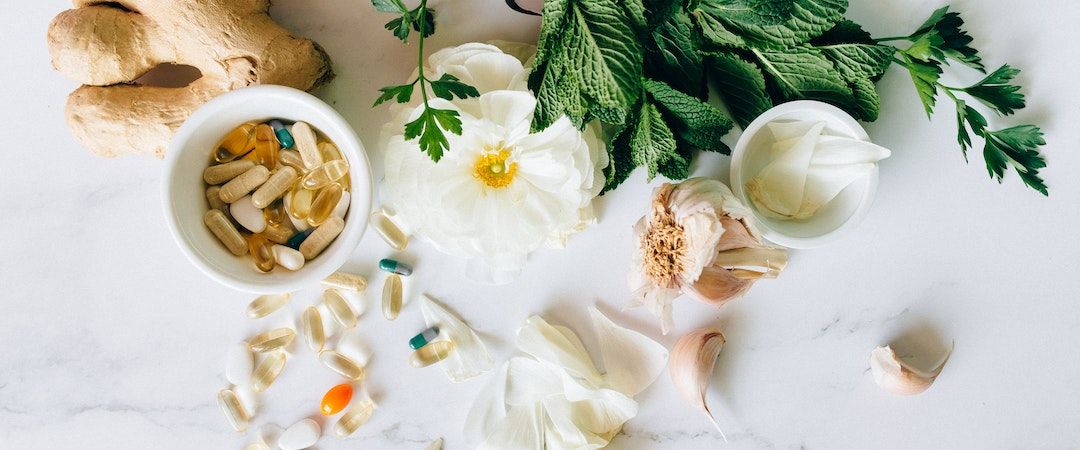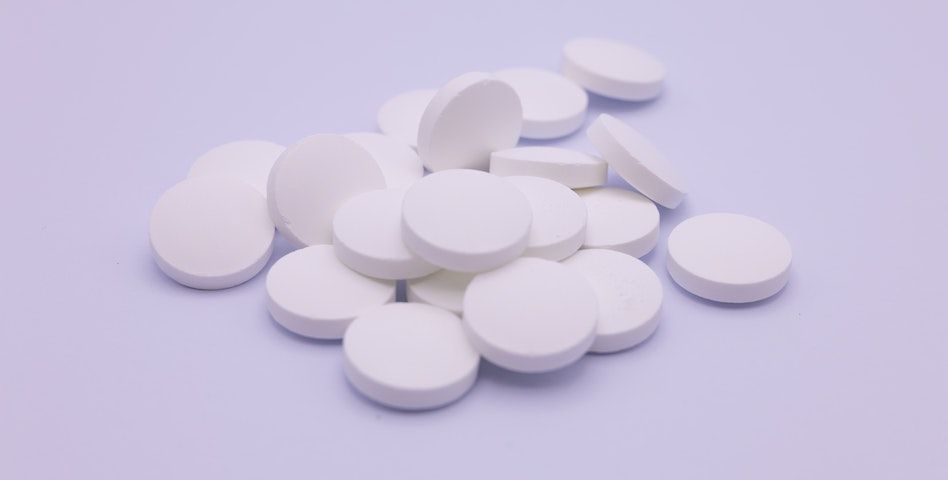Iron Supplements: Unraveling the Mysteries of These Quirky Pills
Let's embark on a quirky journey through the realm of iron supplements to uncover the truth about their helpfulness, one pill at a time.

Iron supplements, those tiny but mighty capsules, often find themselves in the spotlight of health discussions. Are they the unsung heroes of our well-being or just another quirky addition to the world of supplements? Let's embark on a quirky journey through the realm of iron supplements to uncover the truth about their helpfulness, one pill at a time.
1. Iron: The Silent Superhero
Iron, the unassuming mineral, plays a role so vital that it deserves its own superhero theme music. It's the star of our blood, helping red blood cells carry oxygen throughout the body. Without enough iron, you might find yourself in a low-energy funk, feeling as heroic as a deflated balloon. But does this mean we should all be taking iron supplements? Let's delve deeper into the matter.

2. Anemia: The Villainous Foe
Anemia, the arch-nemesis of iron, can leave you feeling weak, tired, and downright lethargic. It's like a supervillain that drains your energy reserves, leaving you in a state of perpetual fatigue. Iron deficiency anemia is one of the most common nutritional disorders worldwide, and iron supplements are often prescribed to combat this villainous foe.
3. The Quirky Iron Mythbusters
Before we fully embrace iron supplements as our saviors, let's bust a few quirky myths.
Myth #1: "All tiredness is due to iron deficiency." Not necessarily! There are many reasons for fatigue, from lack of sleep to stress.
Myth #2: "More iron is always better." Nope! Too much iron can lead to health issues, including iron overload.
Myth #3: "Iron supplements are a magic bullet." While they can help with anemia, they won't turn you into an instant superhero.
4. The Irony of Iron Sources
Iron can be a bit of an elusive character in our diet. There are two types of dietary iron: heme iron (found in animal products) and non-heme iron (found in plant and animal products). Heme iron is more readily absorbed by the body, making it the charismatic superstar of the iron world. Non-heme iron, on the other hand, can be a bit quirky – it's less easily absorbed, but that doesn't mean it's not valuable.
5. Who Needs Iron Supplements?
Now that we've separated fact from fiction, let's discuss who might benefit from iron supplements. Iron supplements are typically recommended for individuals with diagnosed iron deficiency anemia, pregnant women (as they have higher iron needs), and people with certain medical conditions that affect iron absorption. If you fall into one of these categories, iron supplements may be your quirky sidekick in the battle against anemia.

6. The Great Iron Hunt: Dosage Matters
When it comes to iron supplements, dosage matters – a lot. Taking too much iron can lead to constipation, nausea, and other uncomfortable side effects. Your healthcare provider can help you determine the right dosage based on your specific needs and iron levels. It's all about finding that quirky Goldilocks zone – not too much, not too little, but just right.
7. Food vs. Supplements: The Iron Showdown
Iron supplements can be helpful, but they're not the only players in town. Whole foods can provide a quirky cast of characters rich in iron, such as lean meats, poultry, fish, beans, lentils, tofu, and fortified cereals. Pair these iron-rich foods with vitamin C-rich options (like citrus fruits) to boost iron absorption.
8. A Twist in the Tale: The Non-Heme Quirkiness
If you're a vegetarian or vegan, you're likely familiar with the quirks of non-heme iron. Plant-based iron sources may not be as readily absorbed, but fear not – there are ways to enhance absorption. Pair them with vitamin C-rich foods, avoid drinking tea or coffee with meals (as they can inhibit absorption), and consider cooking in cast-iron pots for an iron boost.
9. The Marvel of Multivitamins
If you're not a fan of standalone iron supplements, you can always rely on multivitamins to provide your daily dose of iron. These quirky pills contain a mix of essential vitamins and minerals, including iron. Just be sure to check the label to ensure they meet your iron needs.
10. The Power of Regular Check-Ups
Finally, let's not forget the importance of regular check-ups with your healthcare provider. They can monitor your iron levels, assess your overall health, and determine whether iron supplements are necessary for you. It's like having your very own quirky superhero team looking out for your well-being.

In Conclusion: Iron Supplements – Helpful Heroes or Quirky Quandaries?
Iron supplements can indeed be helpful for those battling anemia and certain health conditions, but they're not quirky miracles in pill form. Your best approach to maintaining healthy iron levels involves a balanced diet, regular check-ups, and consulting with your healthcare provider when needed. Remember, in the quirky world of nutrition, there are no one-size-fits-all solutions. So, let's appreciate iron supplements for what they are – valuable tools in our quest for optimal health, one mineral at a time.